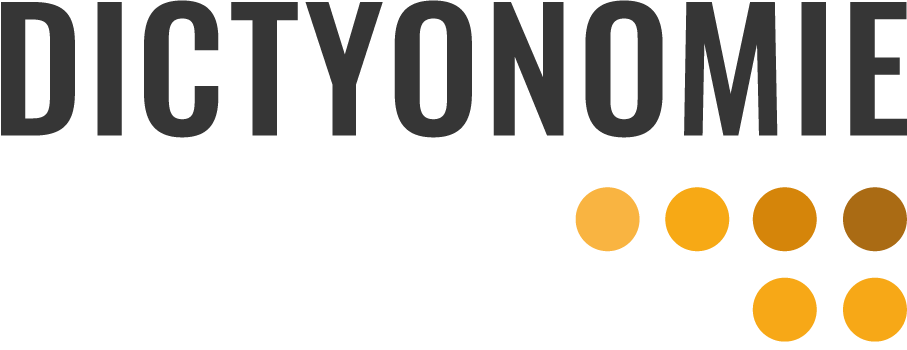Very often, events that are meant to cultivate contacts are enriched with other contents: Lectures are given by „keynote speakers“, panel discussions are held, poems are recited, piano is played, dances are performed, singing and all other kinds of human expression are put on display. Unfortunately, none of this contributes in any way to getting to know each other better. One spends the evening either listening to the words of various luminaries or to a concert. What is supposed to stimulate interaction forces the guests into passivity. The mistake is often made of completely overloading contact events with programmes and forgetting the most important thing: The participants and the guests of the event. The tasks of a programme are:
A. The „glamourisation“ of the event
an otherwise dry event is given glamour by celebrities from culture, business or science.
B. Creating a pleasant „working atmosphere“.
the atmosphere is lightened by cultural contributions.
C. Presentation of a topic of conversation
through a community experience, the participants of the event are given a common topic for conversation (and thus communication is promoted).
You may have noticed that this is exactly where one of Facebook’s biggest weaknesses lies. Many frantically try to „post“ some kind of information in order to be remembered by „their“ network and thus keep the contact warm. These often completely irrelevant entries („I watched ‚Tatort‘ yesterday“, „wow, what a rainy summer it is“, „here are the latest photos of my living room“, „just had a shower, was really refreshing“, etc.) are the equivalent of boring keynote speakers on „offline“ networks and only make you feel rather annoyed. The opposite of the desired effect occurs.
The golden rule is: Information in a network must be relevant to the recipient so that it intensifies the contact.
The fine art is to make the weaving of information and programme into an event as elegant as possible. The real protagonists are always the guests, never the people on stage. Programme elements must stimulate, inspire, enrich, but never dominate the event, whose main purpose is to build and maintain relationships.
You can recognise a good network by the fact that the programme elements at events are meaningful (that is, adapted to the purpose of the event in question), are always only a discreet accompanying element to the actual meetings and that the information conveyed is relevant and inspiring for the recipients.


